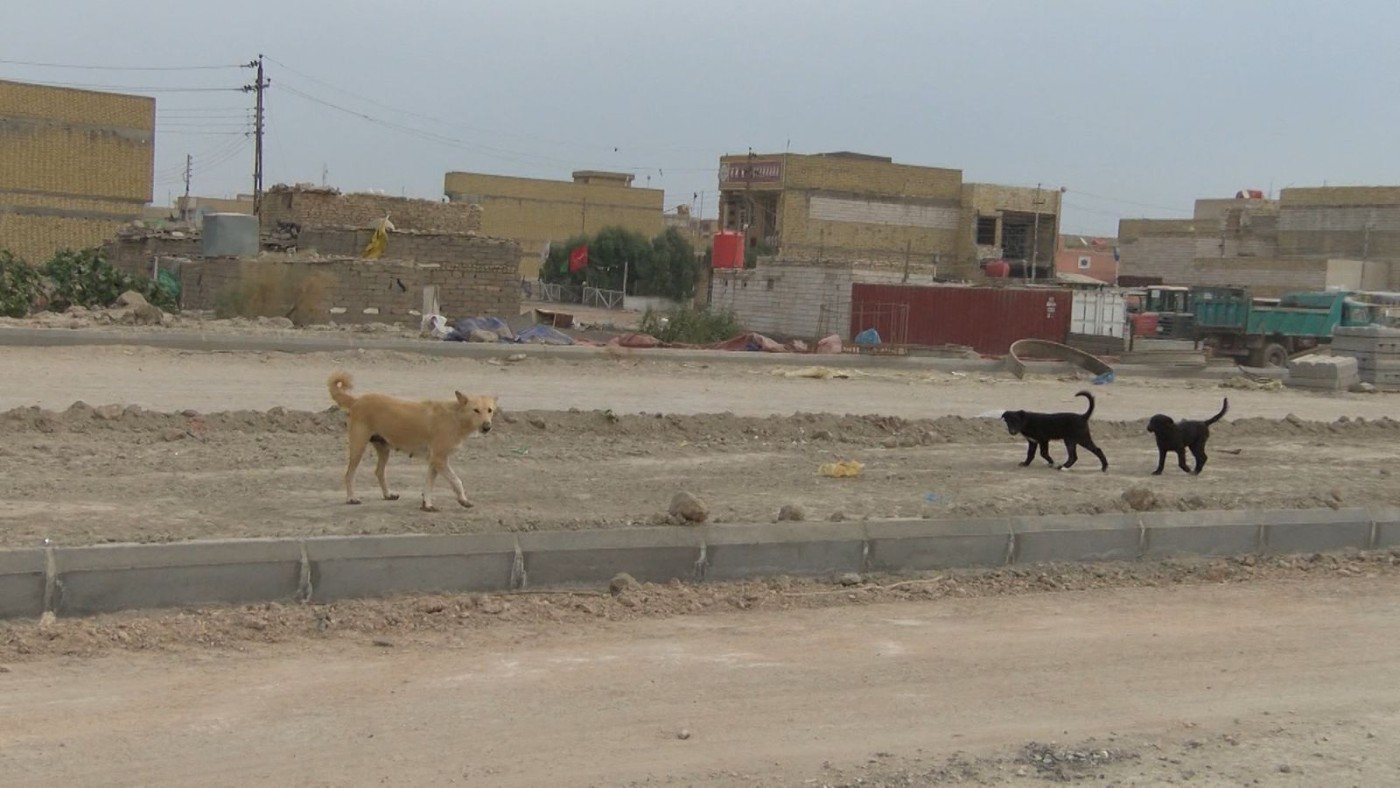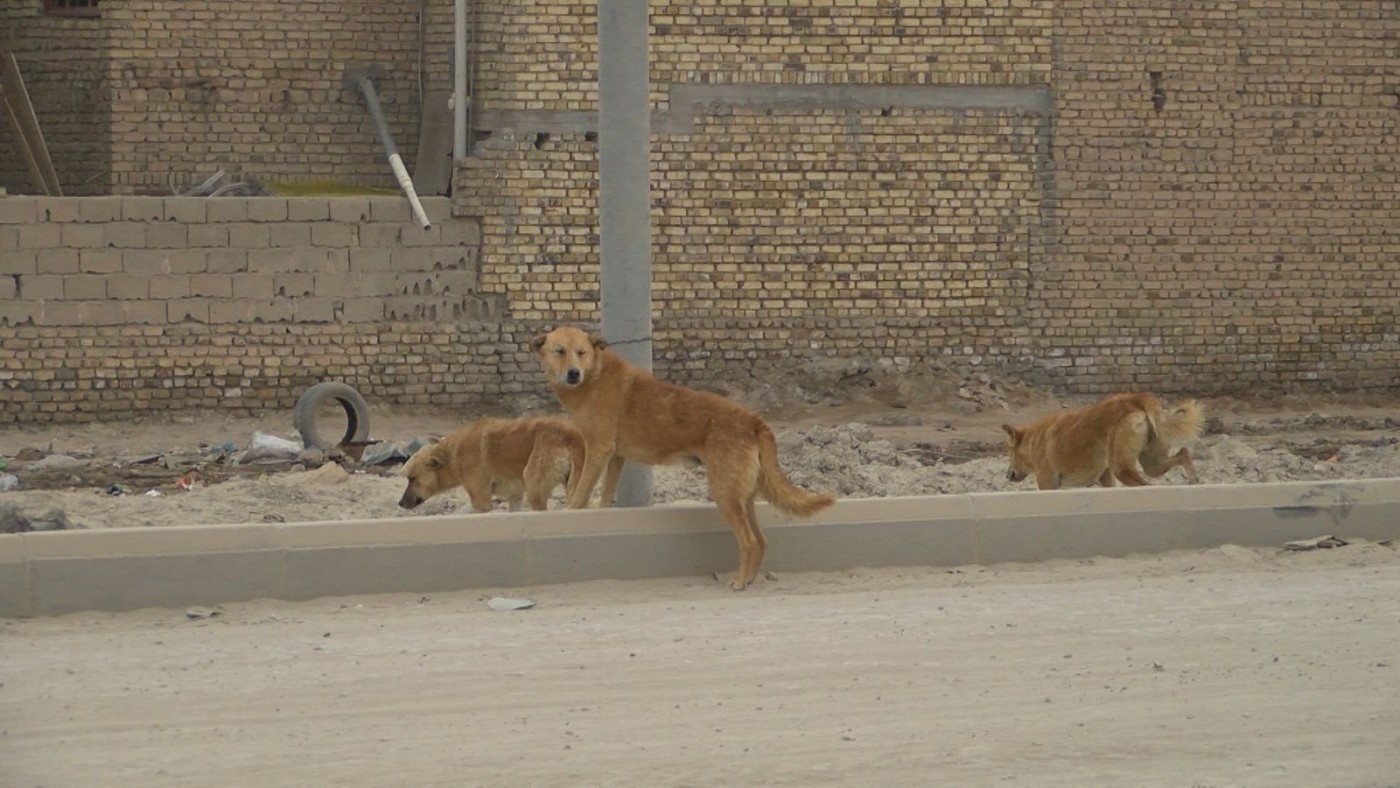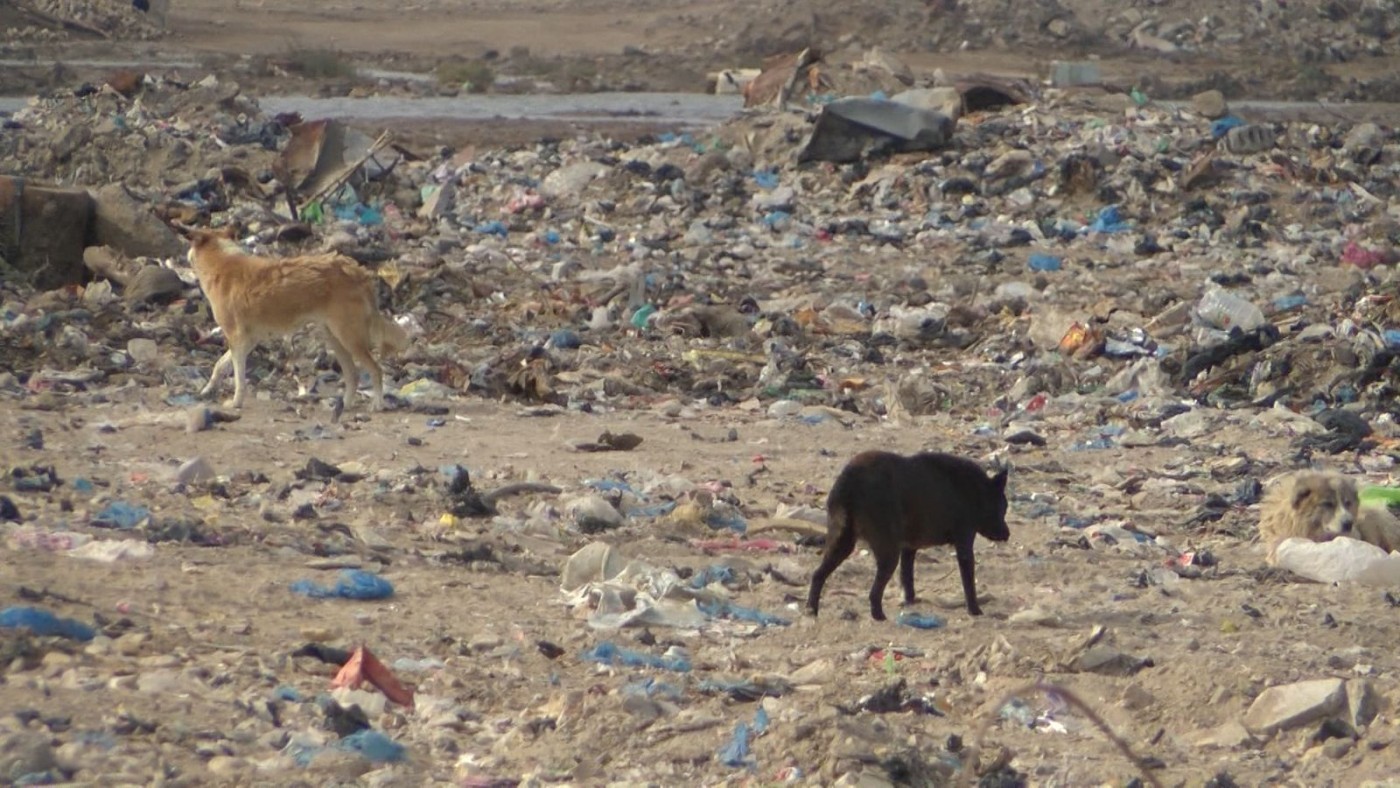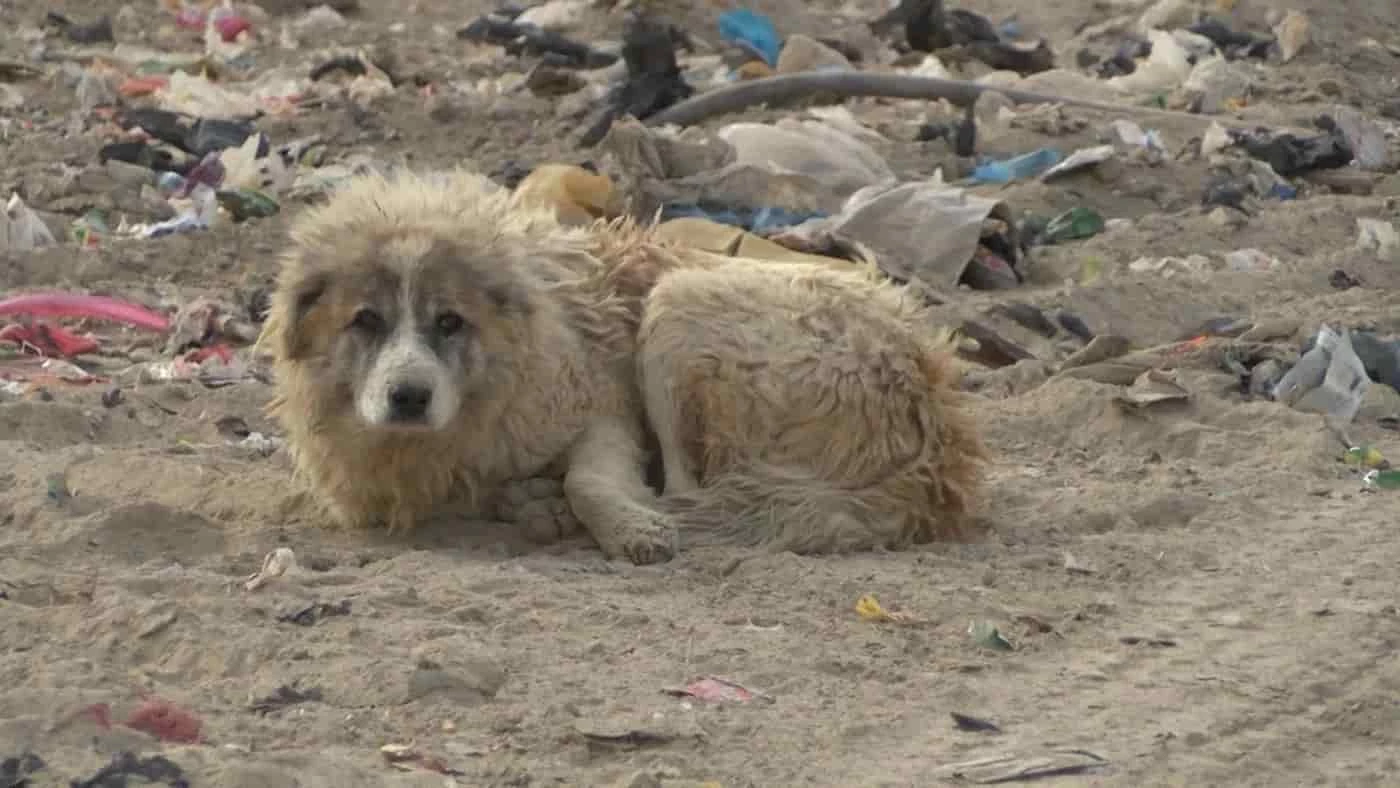DHI QAR, Iraq - An alarming rise in stray dog attacks has gripped Iraq’s Dhi Qar province, where more than 500 people have been bitten in the first three months of 2025 alone, according to official health sources.
The unprecedented spread of stray dogs has reached residential neighborhoods, public streets and even schools, prompting widespread concern among residents and officials alike.
Dr. Mowaffaq al-Ta’i, director of the Dhi Qar Environment Department, told The New Region that the animals now roam nearly everywhere, including government offices and schoolyards, posing a direct threat to the lives of citizens, especially children.
“This has become a persistent and dangerous issue,” Ta’i said. “It’s a daily risk to the people, and solving it is critical to public safety.”
A medical official from the Dhi Qar Health Department said that 506 dog bite cases were recorded from January through March, an average of nearly five per day, which the official described as a “serious indicator” of worsening conditions amid what he called a slow and ineffective government response.

“All patients have received proper treatment,” the official said. “The rabies vaccine is available in health institutions and administered according to a four-dose schedule, immediately after the bite, and then on days three, seven and 21.”
The province had some success in 2024 with a campaign to control the dog population, but those efforts stalled after funding was cut this year. A formal committee led by the governor and including representatives from health, environmental, and veterinary departments, remains in place but inactive due to lack of resources.
Students among victims
Among the victims is Alaq Waleed, a student who was bitten while at school in Nasiriyah.
“I was in the schoolyard when I saw the dog,” she said. “My friend screamed and we ran, but I fell. The dog bit my hand. Another dog fought it off, and I ran away.”
Waleed appealed to local authorities: “We want safe schools without stray dogs. We’re scared to go every day.”

Government vows action
Dhi Qar Deputy Governor Majid al-Atabi, who also serves as chair of the province’s Council for Environmental Protection and Improvement, told The New Region that local officials are preparing a new campaign with a 50 million Iraqi dinar budget to combat the threat.
The campaign will be carried out by a contracted specialist who will place poison in areas where the dogs gather, then collect the animals and transport them to sanitary landfills for safe disposal, an old fashioned and brutal move.
“The issue is receiving serious attention,” Atabi said.
In Iraq, animal rights are not among the priorities of authorities. Brutality is often witnessed against animals of all kinds.
Authorities at times resort to the brutal, but cheap, option of poisoning the dogs, rather than starting neutering campaigns and run well managed shelters.

Legal options for victims
Under Iraq’s Animal Health Law No. 32 of 2013, each province must form a central committee chaired by the governor or their delegate and include directors from the departments of health, agriculture, environment, police, and municipality.
Legal experts say that under this law, victims of stray dog attacks may file compensation claims against the responsible authorities, such as health or municipal departments, if it can be shown that their injuries were due to negligence or failure to follow mandated prevention and control procedures.



 Facebook
Facebook
 LinkedIn
LinkedIn
 Telegram
Telegram
 X
X


